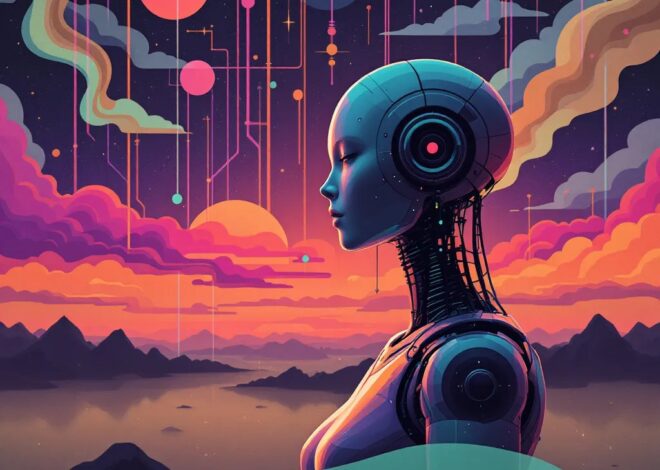
AI Promoting Fairness in 2025: A New Era of Inclusive Algorithms
AI Promoting Fairness in 2025: A New Era of Inclusive Algorithms
In 2025, the world is experiencing a significant transformation as artificial intelligence (AI) becomes a powerful tool for promoting fairness and inclusivity. This change is in response to the growing demand for ethical AI practices, aiming to serve humanity by ensuring equal opportunities while reducing biases. The central focus is on developing 20% more inclusive algorithms, making AI systems fair, transparent, and beneficial for all members of society.
The Need for Fairness in AI
AI is increasingly employed in various fields such as healthcare, education, and social services. However, concerns regarding biased AI systems have raised questions about fairness and equity. The AI FORA project, which examines AI-based social assessments across nine countries, emphasizes the necessity for flexible and context-sensitive AI systems that can reflect local and cultural differences.
Achieving Inclusivity Through AI
Inclusive AI extends beyond merely reducing bias; it is also about enhancing accessibility. Leading companies like Microsoft are developing AI-powered solutions that improve accessibility for individuals with disabilities. For example, Microsoft’s Seeing AI app assists visually impaired users by providing verbal descriptions of their surroundings. Similarly, projects like Alibaba’s City Brain demonstrate how AI can address complex urban challenges, ultimately improving city management.
AI Governance and Ethics
As we advance in 2025, AI governance is becoming stricter, highlighting the importance of compliance, ethics, and transparency. The Paris AI Action Summit reinforced the need for developers to ensure that AI systems serve humanity responsibly while preventing misinformation. This shift toward ethical governance integrates explainability by design principles, fostering trust and guaranteeing fairness.
The Future of AI: 20% More Inclusive Algorithms
The future will focus on developing AI systems that are not only effective but also fair and inclusive, aiming for a 20% increase in inclusivity. This initiative will involve designing algorithms informed by diverse perspectives and datasets, thus reducing biases and promoting a more equitable society where technological advancements benefit everyone.
Conclusion
In 2025, AI is entering a new era where fairness and inclusivity are prioritized. As we strive for more inclusive algorithms, it is essential to acknowledge AI’s potential to empower all societal segments, from enhancing accessibility to promoting ethical practices. The future of AI is not solely about technological growth; it emphasizes using technology to benefit humanity, ensuring equal opportunities for all.
Join the conversation on AImpactUnleashed to explore more about how AI is shaping a fairer future for everyone.



